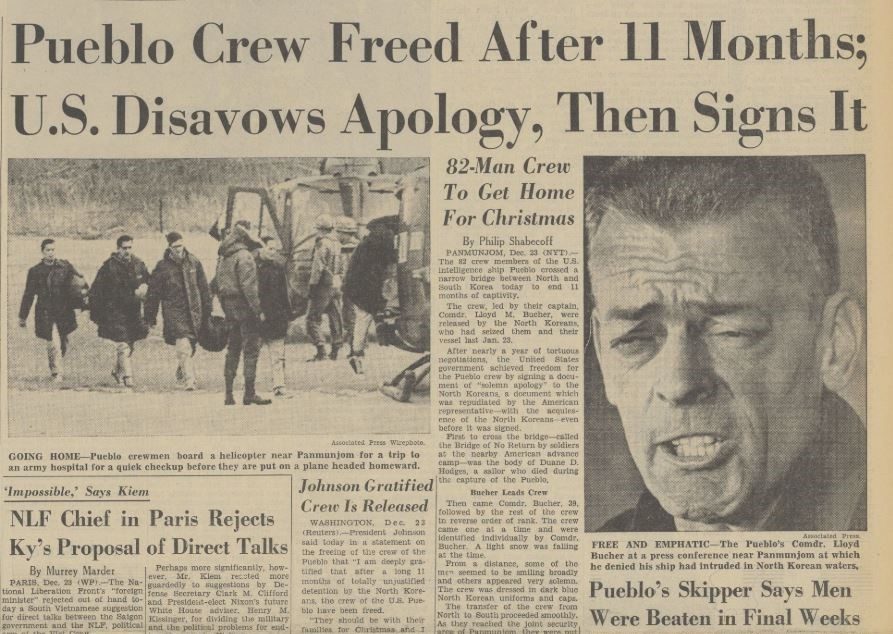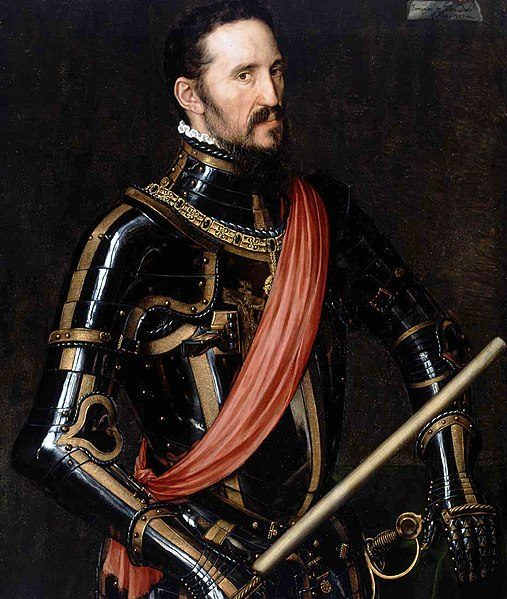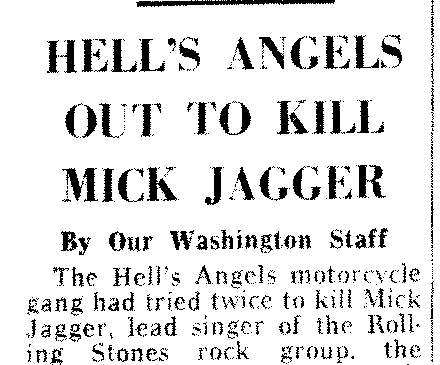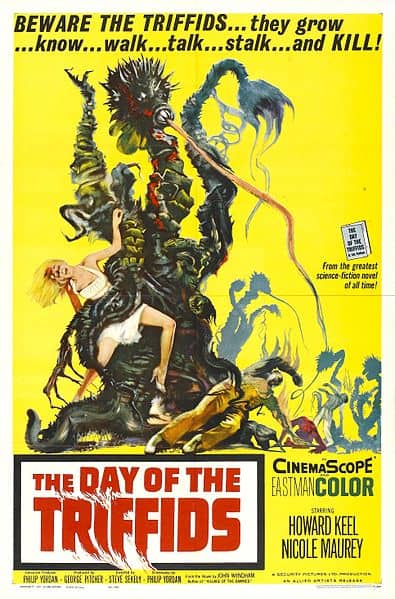“If you fancy a long weekend with a difference,” writes The Times’ travel section of 18 February 2006, “Regent Travel has a five-day break to Pyongyang, North Korea’s highly planned capital”. The article then mentions, as one of the highlights of the tour, that “You’ll also get to board USS Pueblo, the U.S. spy ship captured in 1968.”
The Contested Legacy of The Iron Duke, Fernando Álvarez de Toledo
By Tom English, Gale Field Sales Executive – North UK
I remember being told in my very first history lecture at university that there’s no such thing as ‘the truth’. I also remember the passion with which the esteemed professor near-bellowed this message to a large group of fresh faced undergraduates. He was adamant. Another professor gave each and every one of his students a letter pointing out that one doesn’t go to university to learn history, but to read history. The message was clear: seeking out and drawing upon a variety of sources and perspectives is an essential part of a history degree.
Indigenous populations: exploring early encounters, subjugation and protection in Gale Primary Sources
By Carolyn Beckford, Gale Product Trainer
Today is International Day of the World’s Indigenous People. This was first put forward by the General Assembly of the United Nations in 1994, and came as result of a commission designed to promote and protect Human Rights. Now, on 9th August, the world works to remember, recognise and respect the rights of indigenous populations and celebrate their achievements and contributions.
“There is no other remedy”: The Argument for Free Trade in the First Issue of The Economist
1843 saw some significant events in world history: Hong Kong was proclaimed a British Crown colony, the amusement park at the Tivoli Gardens opened in Copenhagen (currently the second oldest in the world!), and The Economist published its first issue. This August is the 175th anniversary of The Economist, so it seemed a good opportunity to look back at that first issue.
Happy 75th Birthday Mick Jagger!
Mick Jagger, famous rock singer in the iconic band the Rolling Stones, celebrates his 75th birthday today, 26th July 2018. I remember asking my mum excitedly when I was a teenager who she liked best: the Beatles or the Rolling Stones, thinking she would say the Beatles. She replied, “Beethoven of course!” and with a sigh I realised I wouldn’t be finding any memorabilia stashed away in a dusty box to take along to Antiques Roadshow.
Damiselas en apuros: voces femeninas del siglo XX
Por Paula Maher Martin, Gale Ambassador en la Universidad NUI Galway
“Lo que las mujeres son para las mujeres”, una sinfonía de pensamientos e impresiones, un lenguaje pulido delicadamente para reflejar el “cuerpo”, resonando con una “percepción” femenina de la realidad… En una crítica de A Room of One’s Own, de Virginia Woolf en el Times Literary Supplement (1929), Arthur Mc Dowall sintetiza en estos términos la experiencia femenina en la literatura, según sugiere Woolf.
“Damsels in distress”: lost female voices of the twentieth century
By Paula Maher Martin, Gale Ambassador at NUI Galway
“What women are to women”, a symphony of thoughts and impressions, language polished delicately to reflect the “body,” resounding with a feminine “grasp” of reality… In a 1929 Times Literary Supplement review of Virginia Woolf’s A Room of One’s Own, Arthur Mc Dowall synthesises in these terms the female experience in literature, as intimated by Woolf.
Soviet agricultural experiments, hibernation, the bomb, and other curious facts behind Science Fiction stories
By Anna Sikora, Gale Ambassador at NUI Galway
The Science Fiction American-Canadian author Judith Merril (1923–1997) wrote her short story “That Only a Mother” (1948) about widespread infantile mutations after reading an article dispelling the rumours of infanticide in Japan after the Nagasaki and Hiroshima bombings. Later, in an interview, Merril recalls how this short newspaper piece caused her mind to race, and her initial reaction was “Oh my God. […] There are mutations by the millions and people are killing the babies” (What If? A Film about Judith Merril). Merril’s reaction is fascinating as it shows how authors transform everyday reality into literary fiction, and not necessarily just science fiction. The double lesson we immediately draw (or at least should draw!) here as students, critics, tutors and lecturers of literature is this: yes, literary stories are often inspired by real events or people; and no, literary text are not historical documents.
Gale’s Political Extremism and Radicalism Archive: Why create it and why is it important now more than ever?
|By Rachel Holt, Acquisitions Editor, Gale Primary Sources|
When telling friends and family that I was working on a digital archive focusing on right-wing extremists, far-left militants and a wide range of radical movements in between, the most common response was ‘why’? To answer that I must explain the motivation that triggered this project, as well as why such an archive is important now more than ever.
The road to American Independence
By Carolyn Beckford, Gale Product Trainer
Every July 4th I send holiday greetings to my friends and family in the USA and they always say, “same to you”. I remind them that July 4th isn’t a holiday in the UK. As an educator, I relish the opportunity to highlight and explain why American Independence is not celebrated with euphoria in the UK as it is in America.
We can see from the map below, found in Nineteenth Century U.S. Newspapers, that the territory under British rule was once immense and spanned the globe, leading to the well-known quote that Britain had “the empire on which the sun never sets.” The British colonisation of the Americas began in 1607 and before long, colonies had been established throughout the Americas.









